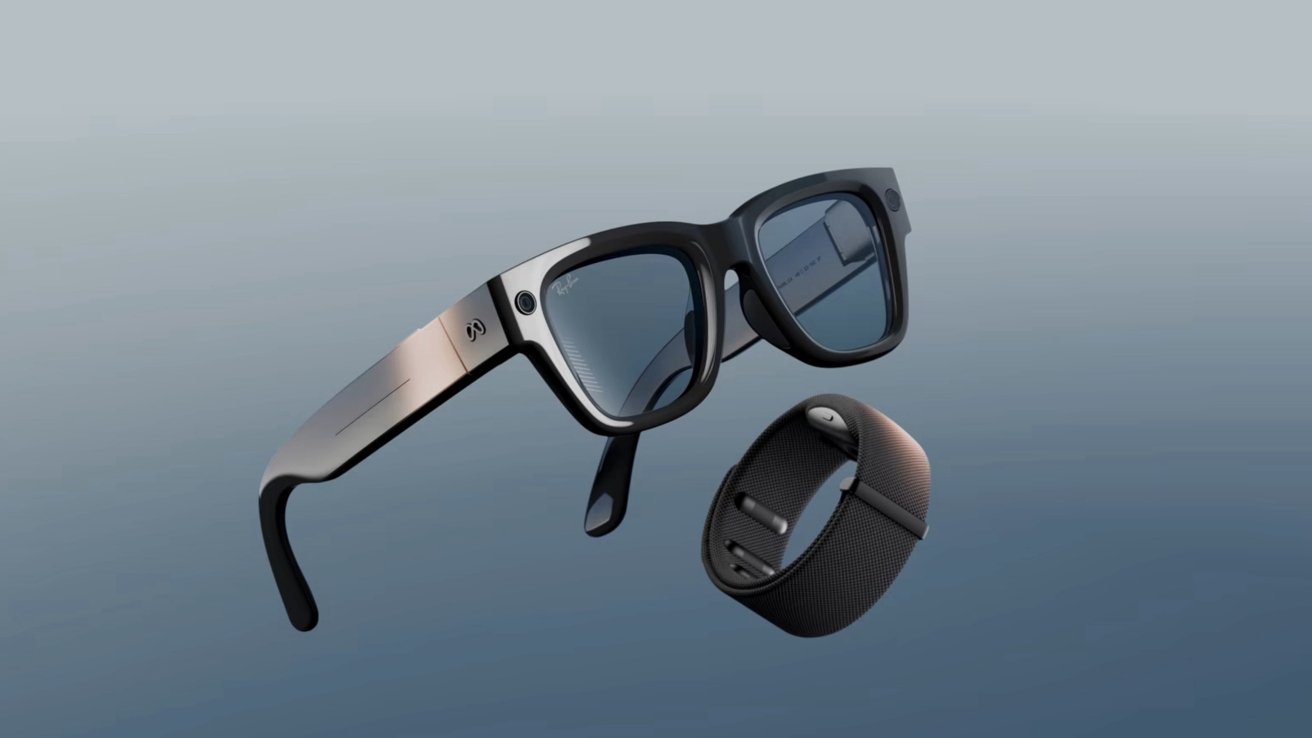
🚀 Meta Ray-Ban Display – When the Future Becomes Reality
The smart-glasses revolution has arrived in Israel – and stock is extremely limited!The world is changing — and the future is already here.
After years of rumors and anticipation, Meta Ray-Ban Display smart glasses have officially landed in Israel, bringing an entirely new era of wearable technology.This is nothing short of a breakthrough: the iconic Ray-Ban design combined with Meta’s powerful AI, featuring a built-in display inside the lens that projects information directly in front of your eyes — no phone, no screens, no distractions.

👓 What Makes Meta Ray-Ban Display So Special?
- Private Lens Display – AI answers appear directly before your eyes.
- Intuitive Hand Gestures – powered by the new Meta Neural Band.
- Real-Time Translation – speak any language and see live subtitles instantly.
- Smart Captions – never miss a word, even in noisy environments.
- 12MP Smart Camera with 3x Zoom – capture, stream, and share instantly.
- Video Calls from the Glasses – see your friends while they see your world through your eyes.
💡 Who Are They For?
- Entrepreneurs and professionals who want smarter, faster communication.
- Students and learners looking for hands-free access to real-time information.
- Travelers and explorers who need translation, navigation, and instant sharing.
- Tech enthusiasts who want to experience the future — first in Israel.

🌐 Caesar Virtual Reality – Leading the Future in Israel Since 2013
At Caesar Virtual Reality, we’re proud to be the first in Israel to bring you the Meta Ray-Ban Display glasses.
Since 2013, we’ve been pioneering VR, AR, and AI technologies across Israel — from immersive experiences to smart innovations that redefine how people see the world.Now, we’re excited to introduce the next generation of smart glasses — designed to change the way you work, learn, and connect.
🌍 Worldwide Shipping AvailableNo matter where you live — you can now order your Meta Ray-Ban Display directly from Caesar Virtual Reality in Israel.
We deliver worldwide, safely and quickly, with full support for international customers.
🔥 Limited Stock in Israel – Pre-Orders Open Now!
Due to extremely high global demand, only a limited quantity is available.
Be among the first to experience the future of smart eyewear — now shipping from Israel to the entire world.✅ Order now on our official website – Caesar Virtual Reality
⚠️ Limited stock – worldwide orders are processed on a first-come, first-served basis!


